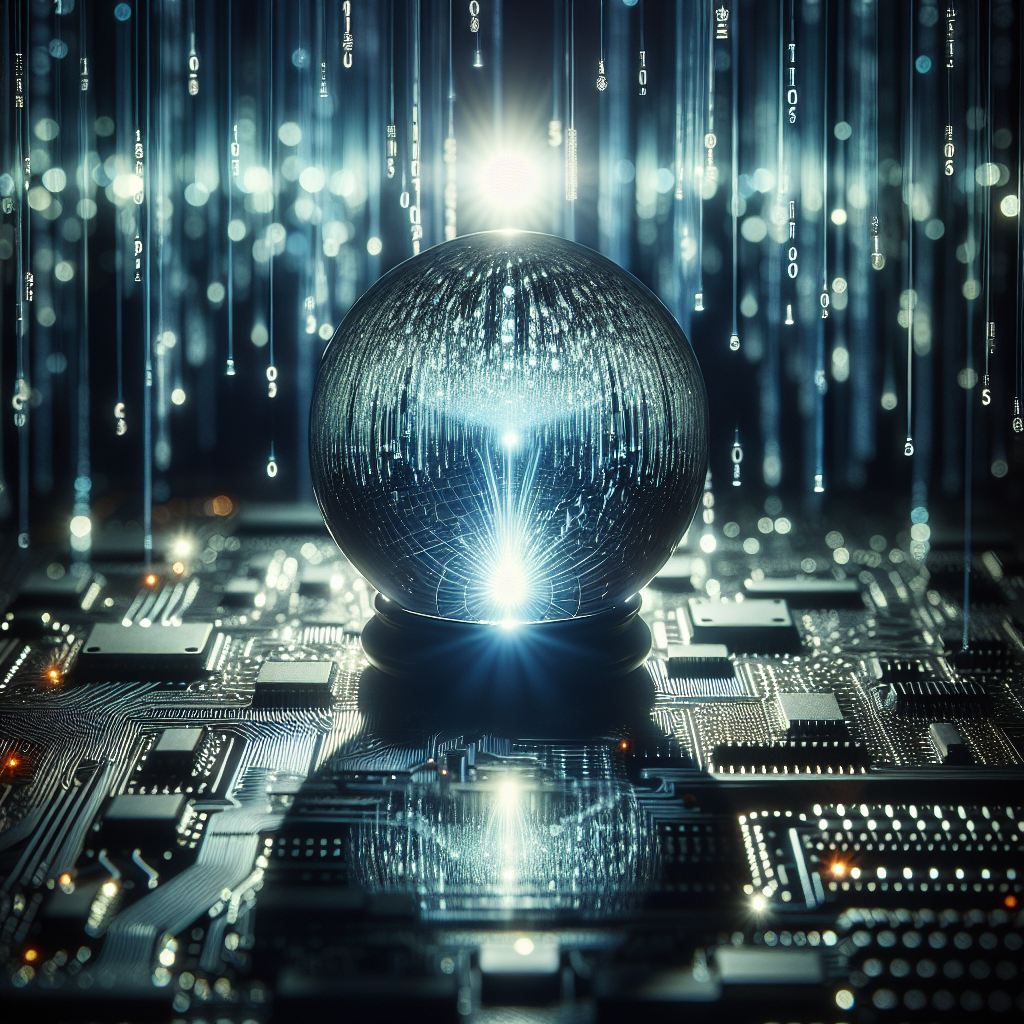Navigating the Turbulent Future of AI: A Dose of Realism Amidst Overconfidence
In a world teeming with technological advancements at a pace that's often hard to keep up with, it's no surprise that the future of Artificial Intelligence (AI) has become a hot topic of discussion amongst tech enthusiasts, industry leaders, and skeptics alike. The journey of AI is akin to navigating through a thick fog on a winding road—filled with assumptions, overconfidence, and the looming possibility of an unexpected outcome. As we delve into this complex narrative, it becomes clear that the crystal ball of AI's future is clouded with unpredictability, challenging our ability to foresee its trajectory accurately.
The Peril of Predictions
Predicting the future of AI is an endeavor fraught with uncertainty and complexity. The dialogue around AI's trajectory often oscillates between extreme optimism and grave caution. On one side, there's a belief in the boundless potential of AI to revolutionize every aspect of human life, driving a commercial explosion of AI applications. On the other, fears loom large about AI's capacity to derail, presenting unforeseen challenges that could lead to catastrophic outcomes.
In the midst of this, a voice of reason emphasizes the need for a balanced perspective. The truth, as it unfolds, highlights a significant undercurrent of overconfidence in how the AI saga will unfold. This overconfidence stems from an overreliance on scaling laws that have historically predicted AI's progress. However, the path to AI's future isn't linear or predictable. The nuances of AI development suggest that we might be heading towards a destination that's starkly different from what we've envisioned.
This uncertainty begs a crucial question: can we accurately predict when AI will truly integrate into commercial markets, or how it will interact with humans? The reality, as it turns out, is a mixed bag. While some have been successful in predicting certain milestones in AI's journey, a comprehensive forecast remains elusive. This difficulty in prediction isn't merely a reflection of the complexity of AI as a technology but also of the unpredictable nature of human society and its adaptability to new tools and paradigms.
The Mirage of Overconfidence
The journey toward understanding AI's potential is marred by a plethora of assumptions. These assumptions often paint a picture of a future where AI seamlessly integrates into our lives, augmenting human capabilities and revolutionizing industries. However, this vision overlooks the multifaceted challenges that accompany AI's development. The dialogue around AI's future is not just about scaling computational power but also grappling with ethical, societal, and existential questions that these technologies thrust upon us.
The narrative of AI's future, therefore, needs to pivot from overconfidence to a more grounded approach that acknowledges the inherent uncertainties. This pivot is crucial in preparing for a future where the coexistence of AI and humans is marked by symbiosis rather than disruption.
The Dance of Coexistence
One of the central debates in the AI saga is the nature of its interaction with humans. Will AI technologies replace human roles, or will they work alongside humans, enhancing our capabilities and productivity? The truth likely lies somewhere in between, in a nuanced dance of coexistence where AI and humans complement each other's strengths.
This dance of coexistence, however, requires a careful choreography that balances the transformative potential of AI with the need to mitigate its risks. It calls for a collaborative effort among technologists, ethicists, policymakers, and society at large to navigate the ethical minefields and societal implications of AI technologies. Only then can we harness AI's potential in a manner that benefits humanity as a whole.
The Unpredictable Path Forward
As we stand at the cusp of what could be the next great leap in human evolution driven by AI, it's crucial to embrace the unpredictability of this journey. The path forward is not a straight line but a winding road filled with surprises and challenges. It's a journey that requires humility, open-mindedness, and a willingness to adapt to changing circumstances.
In navigating this path, it's essential to remember that being right about the future of AI isn't as important as being prepared for its various outcomes. This preparation entails building resilient systems, fostering ethical AI development, and cultivating a societal mindset that's receptive to change.
Conclusion: Embracing Uncertainty
In conclusion, the future of AI is a narrative of uncertainties and opportunities. It's a story that's still being written, with plot twists and turns that we can't fully anticipate. As we move forward, let's do so with a sense of curiosity and caution, embracing the unpredictability of AI's journey. Let's strive to shape a future where AI not only advances our technological capabilities but also enriches the human experience in profound ways.
In this endeavor, let's be guided not by overconfidence but by a grounded optimism that acknowledges the complexities of the AI landscape. May our journey toward the AI-infused future be one of discovery, learning, and, above all, a commitment to navigating the unknown with wisdom and grace.
Related News
- Navigating the AI Tsunami: A Deep Dive into the Currents Shaping Our Digital Future
- Navigating the AI Renaissance: A Call for Measured Optimism and Collective Responsibility
- Riding the Avalanche: The Exponential Yet Messy Future of AI
- Navigating the Brave New World of AI and Modern Technology: A Zesty Take
- Navigating the Future with AI: A Delicate Balancing Act
